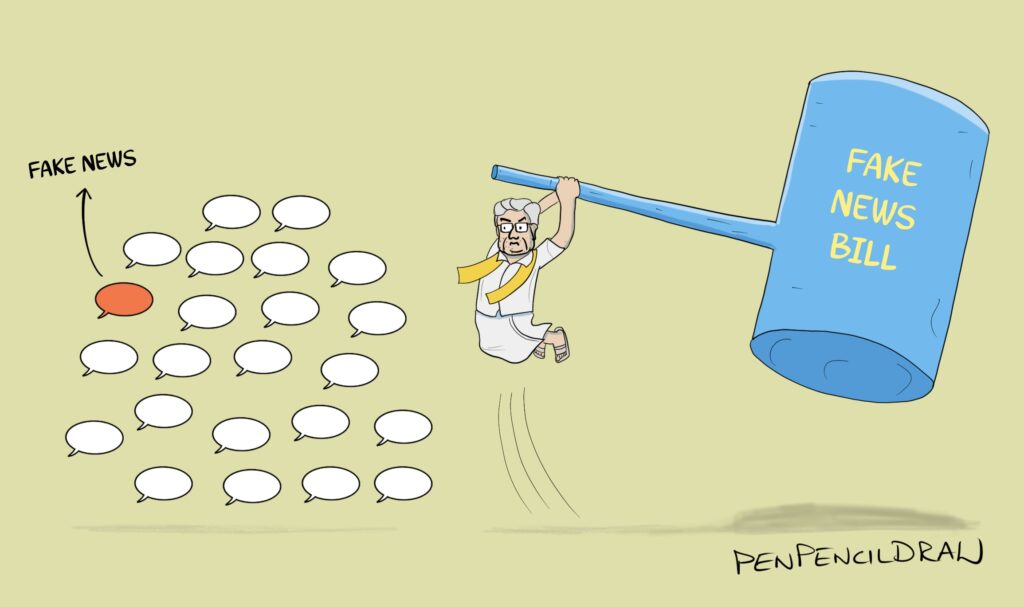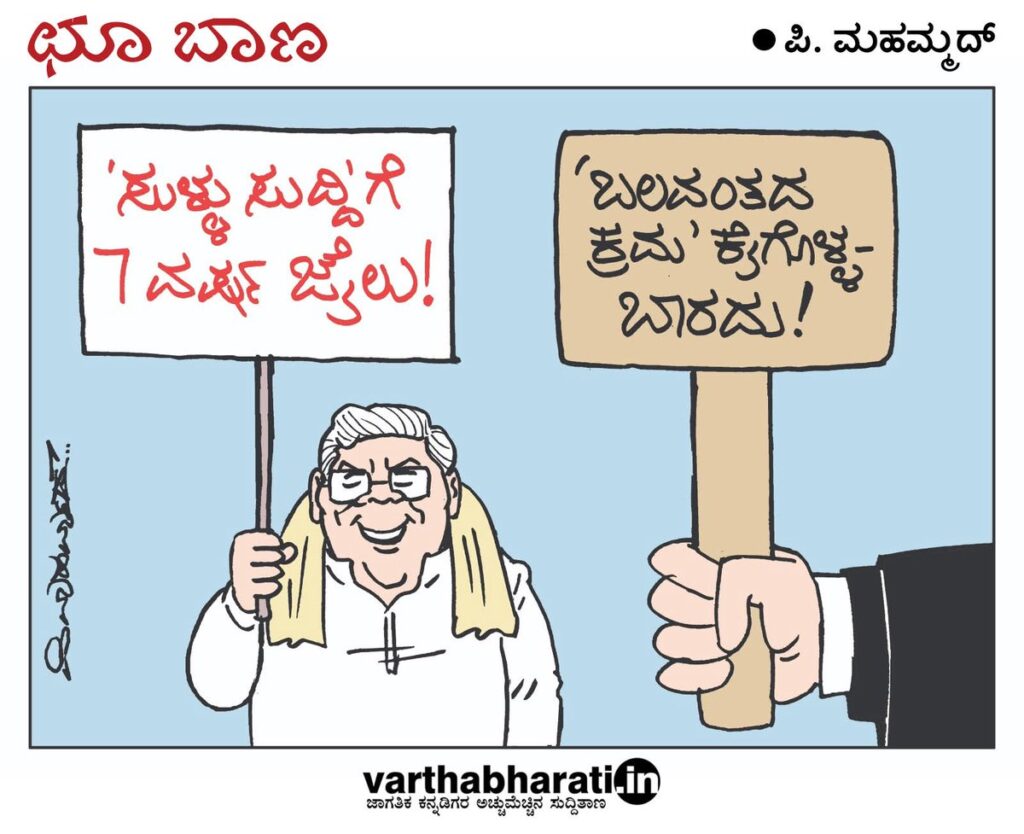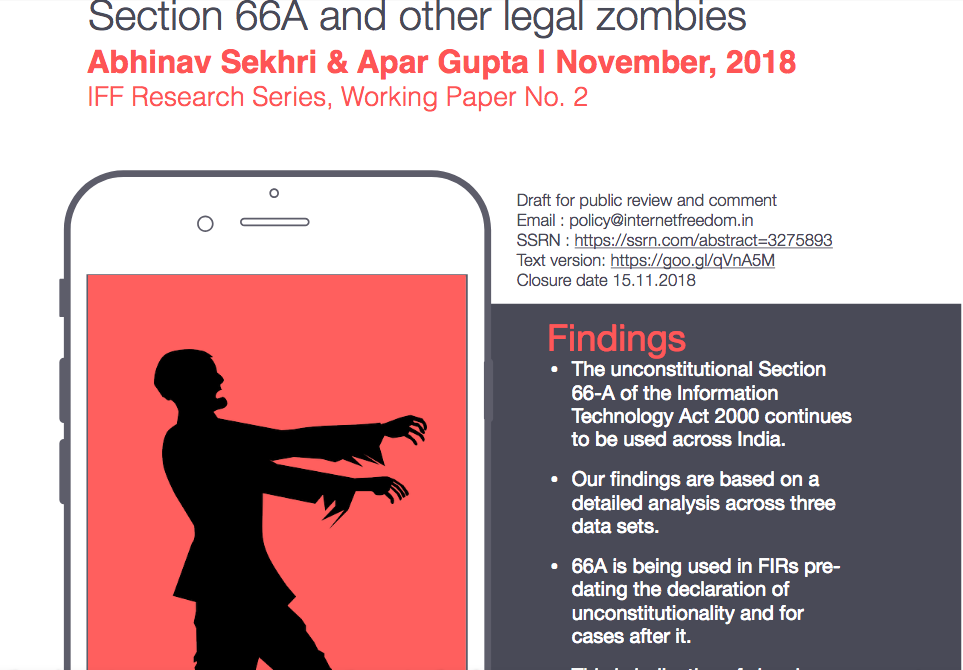Blocking “fake” news or stifling free speech?
– What does the Government of Karnataka’s proposed Mis-information and Fake News (Prohibition) Bill, 2025 really spell for creativity and satire asks Sarita Ramamoorthy,
The Karnataka government’s Mis-information and Fake News (Prohibition) Bill, 2025 aims to counter “fake news” and “misinformation” but experts worry that the bill can invite censorship and government overreach. The Bill is scheduled to be tabled in the upcoming Assembly session.

Karnataka Chief Minister K Siddaramaiah cracks down on “fake news,” and in the process, stifles free speech all around. Courtesy: PenPencilDraw.
Free Speech Collective invited PenPencilDraw, well known for their sharp satire to draw their take on this. PenPencilDraw had published their first cartoon in 2020 and has since become loved and known for their satire and memes.
The definition of what constitutes “fake news” and “misinformation” is ambiguous, including terms like “anti feminism,” “insult to the dignity if the female,” “disrespect to Sanatan symbols and beliefs,” which are open to interpretation. This allows the authorities to exercise undue power to define facts. For example, it is not clear whether satire or parody will fall under what it defines as “purely fabricated content” or “distortion of facts.” While satire and parody are exempt under “misinformation,” they are not protected under the stricter “fake news” category, which could subject humorous content to legal action.
Those found guilty of posting fake news can face imprisonment up to 7 years and fines up to ₹10 lakh. Spreading misinformation can lead to 2–5 years in jail plus fines. Abetment of these offences is punishable by up to 2 years jail. The offences are also to be considered as non-bailable but cognizable, which means the police can arrest someone without a warrant.
The draft proposes the establishment of a six-member government-appointed “Fake News on Social Media Regulatory Authority” chaired by the state’s Information (Kannada & Culture) Minister. Among its various tasks, which include monitoring and blocking content on social media platforms.

Image Credit: https://x.com/cartoonist_PM/
On June 21, 2025, cartoonist P Mahamud’s take on the Karnataka bill was published in varthabharati, in Kannada. The CM’s placard says, “7 years jail for fake news” and the gavel says, “Coercive action should not be taken.” This was likely in reference to the then state-wide ban in Karnataka on the film ‘Thug Life’.
In practice, the bill if enacted into law could mean that works—of artists, content creators, comedians, or even cartoonists—created only to entertain or employ satire to make a point could be considered as crimes if labelled as “fake news.” While the bill’s definitions of “fake news” and “misinformation” are vague, the punishments are not. Both the creator and the viewer who may share or forward content that could be labelled as such could face arrest and jail time.
Free Speech Collective’s report published in May 2025, ‘A Special Report on World Press Freedom Day 2025’ documented 283 cases of censorship, through direct suppression and systemic constraints on the media as well as on other citizens, especially in academia, the arts and in digital media.
In India, where censorship is rife, the bill continues to reflect the worrying trend of increased restrictions to free speech and will only further push artists and creators to self-censor in a bid to protect themselves.
You can access and read the draft bill (unofficial copy) here.


